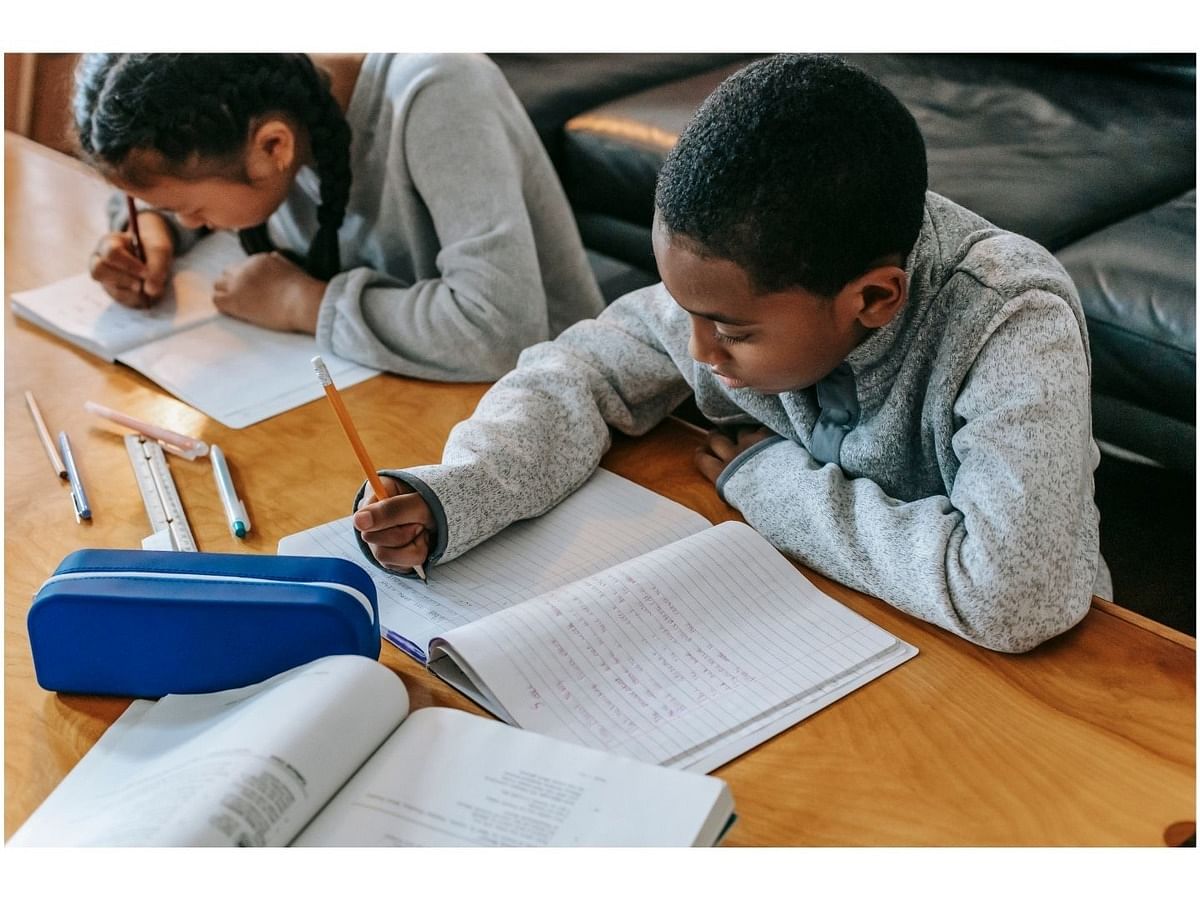advertisement
Worldreader Enhances Human Centric Digital Literacy During The ILD 2021

8th September is International Literacy Day, an annual celebration of the leaps made to enhance literacy levels around the globe. The day intends to create awareness about the importance of literacy and the role it plays in the development of our societies.
International Literacy Day (ILD) celebrations are usually held to remind the public of the importance of literacy as a matter of dignity and human rights and to advance the literacy agenda towards a more literate and sustainable society.
This year’s celebrations run under the theme; Literacy for a human-centered recovery purposed to narrow the digital divide. As Joan Mwachi-Amollo, the Regional Director at World Reader in East Africa says, Literacy for a human-centred recovery will narrow the digital divide especially now in a global crisis.
advertisement
“Since Covid 19 disrupted learning globally, stakeholders have innovated alternative ways to ensure the continuity of learning, including distance learning, often in combination with in-person learning. At World Reader, we encourage literacy by enhancing reading digitally,” she says.
She adds that ILD 2021 will explore how literacy can contribute to building a solid foundation for a human-centred recovery, with a special focus on the interplay of literacy and digital skills required by non-literate youth and adults, and explore what makes technology-enabled literacy learning inclusive and meaningful to leave no one behind as an opportunity to reimagine the future of literacy teaching and learning, within and beyond the context of the pandemic.
Worldreader, with a mission to support vulnerable and underserved communities with digital reading solutions that help improve learning outcomes, will during the ILD 2021 enhance the deployment of technology to ensure that disadvantaged populations—especially children and youth—gain access to an asset that improves educational opportunities and, by extension, lives.
advertisement
Reading technology when deployed effectively, has the potential to make a remarkable difference in the lives of millions of people around the world. In Education, technology is a powerful mechanism to ensure that education and learning reach even the most marginalised groups of people.
“Out of crises can emerge new and exciting opportunities. The current pandemic is no exception. It serves as a critical juncture for the introduction of digital learning as an essential mechanism to enhance home literacy and school learning environments,” she adds. “Digital reading is unique in the sense that it creates access to books even in places where print books may not.”
Organisations like the Worldreader leverages a digital inclusion strategy engagement that not only ensures the use and uptake of digital reading tools but also improves the overall discussion as to the role of ICT tools in education systems worldwide.
advertisement
Worldreader is currently working with about 40 counties with its digital reading programme through schools, public and community libraries. At the onset of COVID and related school closures, Worldreader rolled out the Keep Children Reading initiative to support learners with reading at the household level. To date, there are free-to-read resources available on both the BookSmart phone platform, for learners up to 12 years, and the Worldreader Mobile app for students in secondary schools and young adults.
They’ve also partnered with 20 local publishers to digitize over 858 Kenyan books in several languages including English, Kiswahili, Dholuo, Kikamba, Giikuyu, Kisii, Embu, Giriama, and Luhyia. Among the publishers are Longhorn ‐ Publishers, Mountain Top Publishers, Kenyan Literature Bureau, Moran Publishers, The Jomo Kenyatta Foundation and East African Educational Publishers.
One of the organization’s flagship programs- LEAP (Libraries, E-reading, Activities, Partnerships) partnership with the Kenya National Library Service, the entire network of 64 public libraries in Kenya The project provided libraries with 3,000 e-readers fully equipped with protective cases providing library patrons with instantaneous access to a supply of 580,000 fiction, non-fiction, genre, reference books, storybooks, plus a complete set of Kenyan digital textbooks suitable for patrons of all ages
“Digital solutions are key to keeping children reading as schools catch up with lost learning time. With BookSmart and the Worldreader app, parents, learners in primary schools, and youth can maintain reading skills, learn new subjects, and alleviate stress during this pandemic,” she added.
She however notes that access to literacy learning opportunities is not evenly distributed. That the rapid shift to digital learning also highlights the persistent digital divide in terms of connectivity, infrastructure, and the ability to engage with technology, as well as disparities in other services such as access to electricity, which limits digital learning/reading.
“By adopting appropriate technology and integrating hybrid low tech solutions, the digital divide can be narrowed down. Actors have to come together through partnerships and build off each other’s synergies,” she adds in conclusion.
Worldreader offers two free solutions for students available on mobile phones. For young and primary-aged children, BookSmart gives parents, caregivers, and primary students themselves access to a library, so they can continue reading whether schools are in session or not. BookSmart starts with a free base collection – 200+ great local and international children’s books, available via the Google Play Store or web browser. The light app, optimized for all connection speeds, keeps data costs low. Books can be saved for offline reading for those with limited data.
For older students and young adults, Worldreader offers the free Worldreader Reading App,available via the Google Play Store or web browser. It features hundreds of books for learning and pleasure, in categories including Learn, Health, and Career. Books can be saved for later, limiting data use and saving costs. Over 100,000 people already read from it each month, with new readers joining each day.